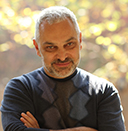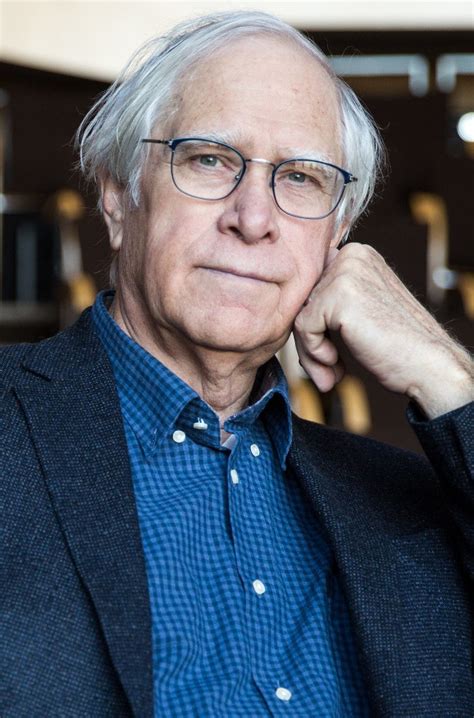A Quote by Paulo Coelho
If you want to achieve your objectives, you have to be prepared for a daily dose of pain or discomfort. At first, it's unpleasant and demotivating, but in time you come to realise that it's part of the process of feeling good, and the moment arrives when, if you don't feel pain, you have a sense that the exercises aren't having the desired effect.
Related Quotes
You will never ever be successful until you turn your pain into greatness, until you allow your pain to push you from where you are to push you to where you need to be. Stop running from your pain and embrace your pain. Your pain is going to be a part of your prize, a part of your product. I challenge you to push yourself.
As an individual with my own hurts, I go into the Garden (Gethsemane) as often as I need to. There I identify with the pain in the other, with my part in that pain, my part in tempting someone to wound me. I experience the other's pain, and God's pain, and am devastated - because their pain becomes my own. Feeling such anguish, I can forgive, or deeply repent, either for myself or on behalf of the other.
Junk turns the user into a plant. Plants do not feel pain since pain has no function in a stationary organism. Junk is a pain killer. A plant has no libido in the human or animal sense. Junk replaces the sex drive. Seeding is the sex of the plant and the function of opium is to delay seeding. Perhaps the intense discomfort of withdrawal is the transition from plant back to animal, from a painless, sexless, timeless state back to sex and pain and time, from death back to life.
That's the thing I want to make clear about depression: It's got nothing at all to do with life. In the course of life, there is sadness and pain and sorrow, all of which, in their right time and season, are normal-unpleasant, but normal. Depression is an altogether different zone because it involves a complete absence: absence of affect, absence of feeling, absence of response, absence of interest. The pain you feel in the course of a major clinical depression is an attempt on nature's part (nature, after all, abhors a vacuum) to fill up the empty space.
Have you ever experienced a pain so sharp in your heart that it's all you can do to take a breath? It's a pain you wouldn't wish on your worst enemy; you wouldn't want to pass it on to anyone else for fear he or she might not be able to bear it. It's the pain of being betrayed by a person with whom you've fallen in love. It's not as serious as death, but it feels a whole lot like it, and as I've come to learn, pain is pain any way you slice it.
But pain may be a gift to us. Remember, after all, that pain is one of the ways we register in memory the things that vanish, that are taken away. We fix them in our minds forever by yearning, by pain, by crying out. Pain, the pain that seems unbearable at the time, is memory's first imprinting step, the cornerstone of the temple we erect inside us in memory of the dead. Pain is part of memory, and memory is a God-given gift.
Once the pain-body has taken you over, you want more pain. You become a victim or a perpetrator. You want to inflict pain, or you want to suffer pain, or both. There isn't really much difference between the two. You are not conscious of this, of course, and will vehemently claim that you do not want pain. But look closely and you will find that your thinking and behavior are designed to keep the pain going, for yourself and others. If you were truly conscious of it, the pattern would dissolve, for to want more pain is insanity, and nobody is consciously insane.





































